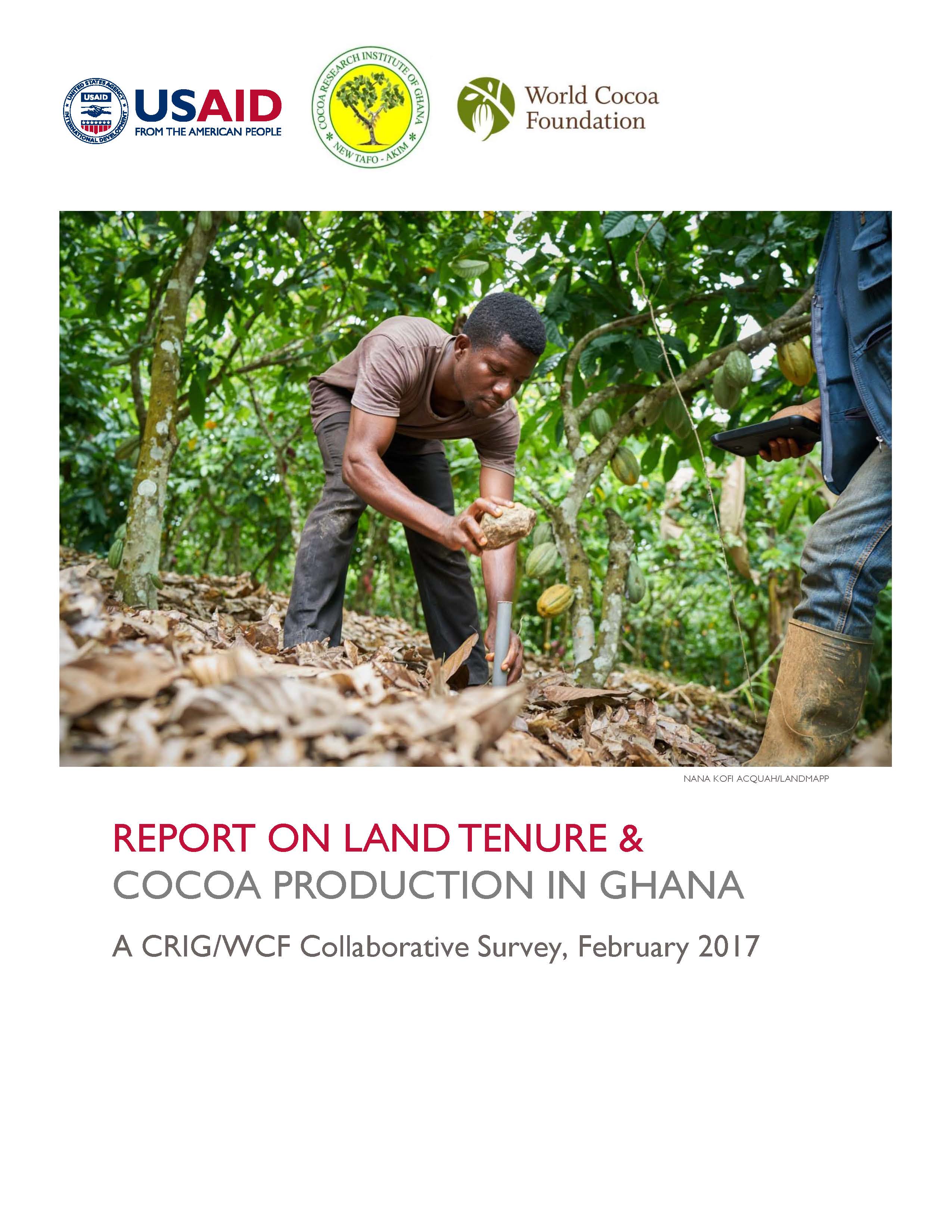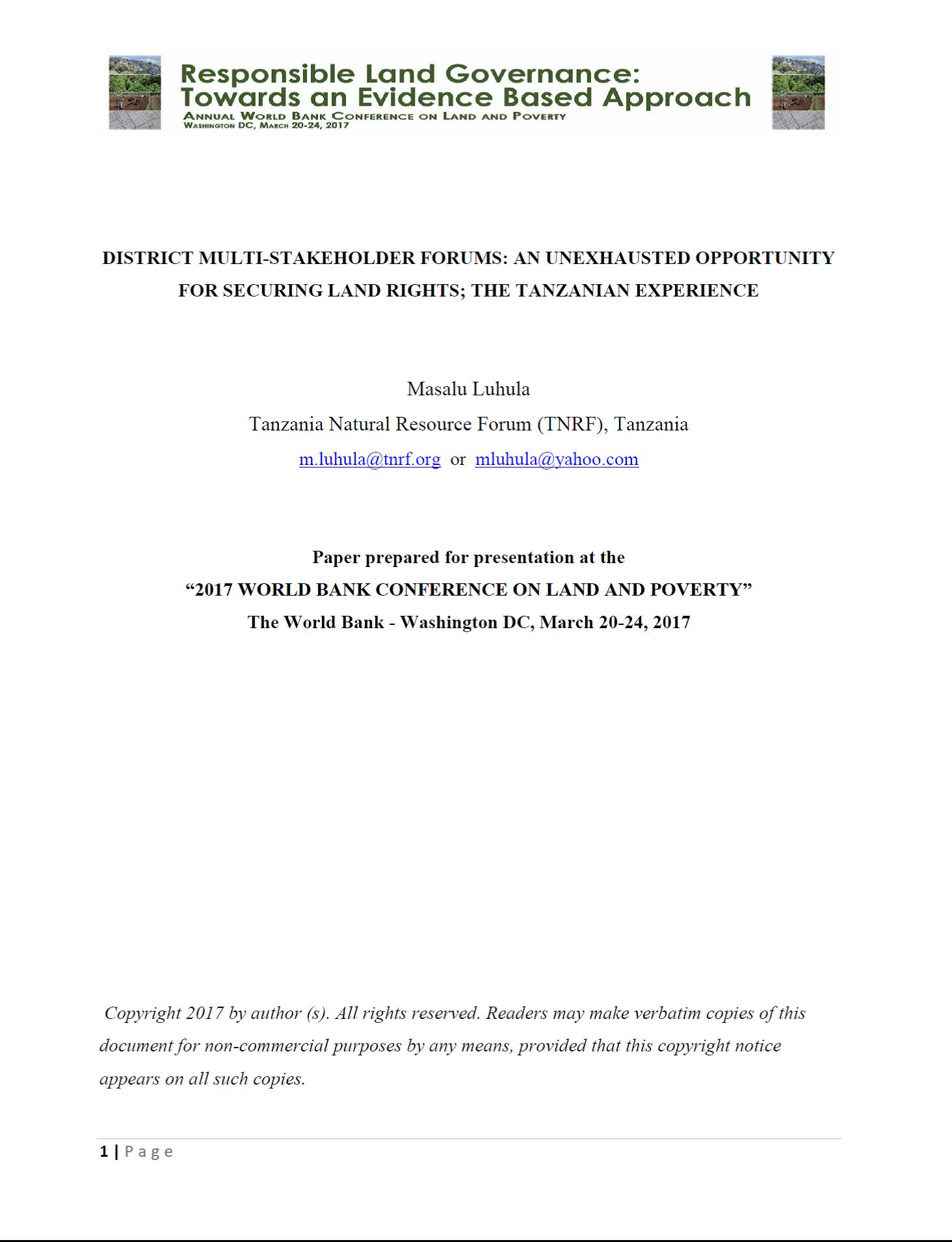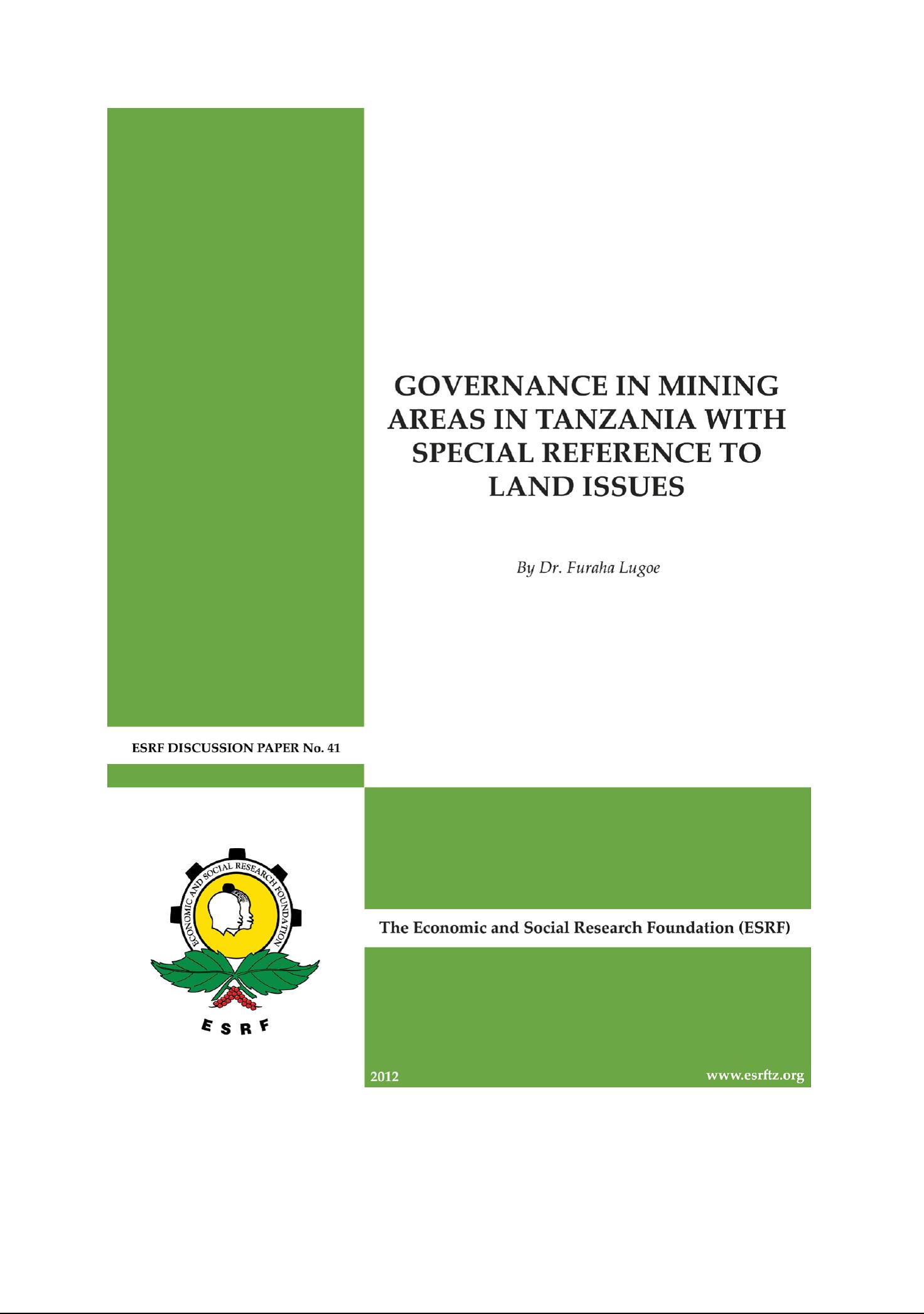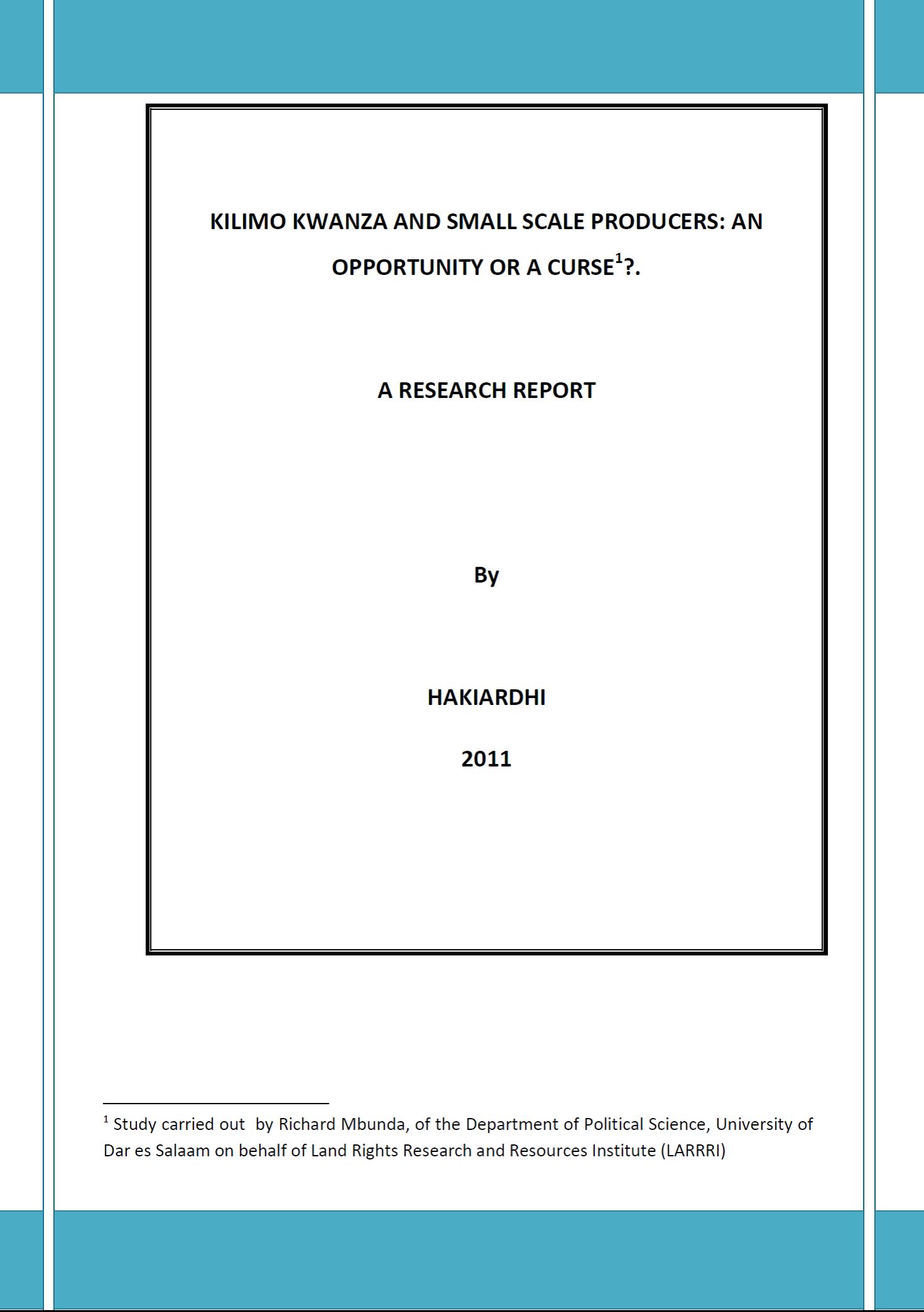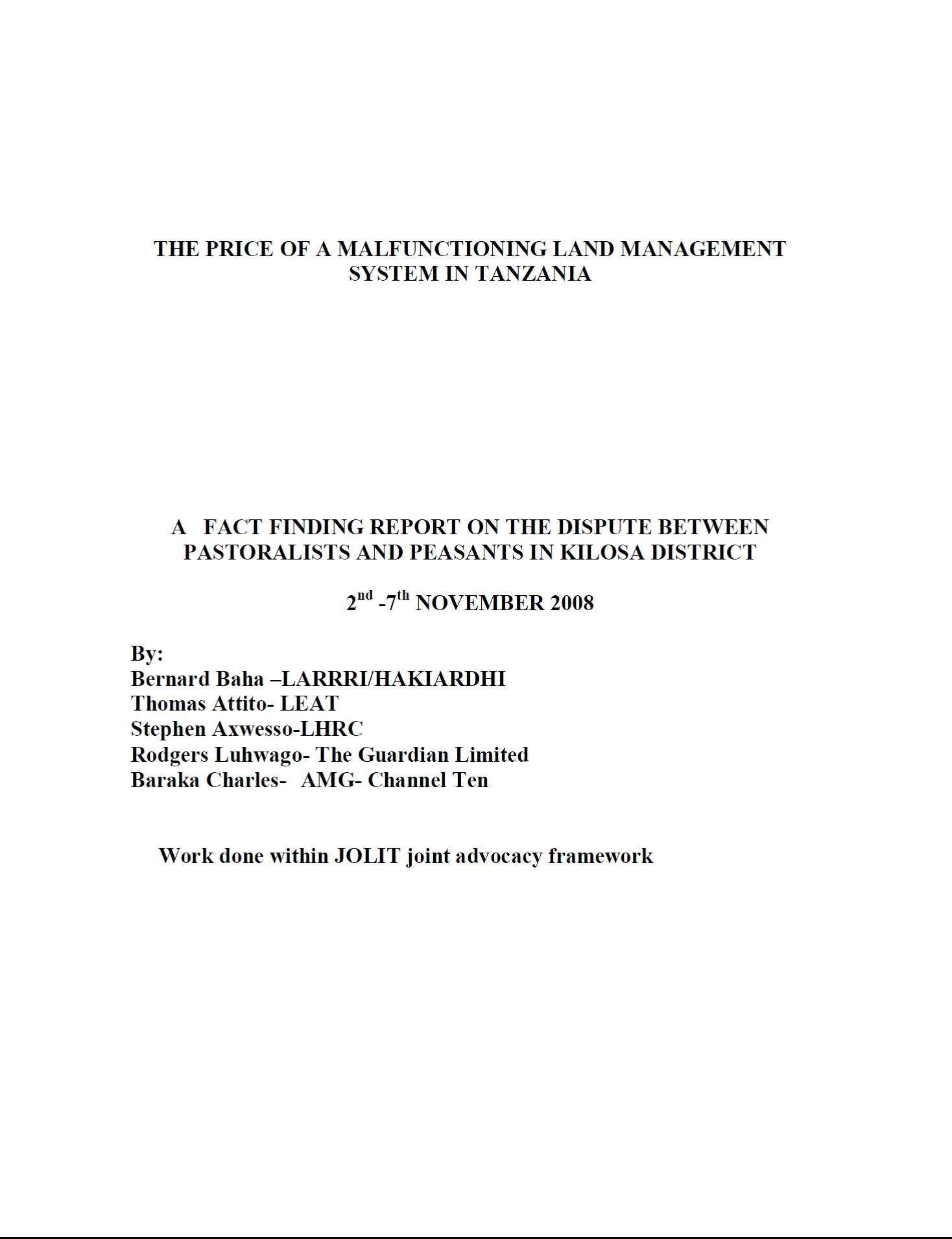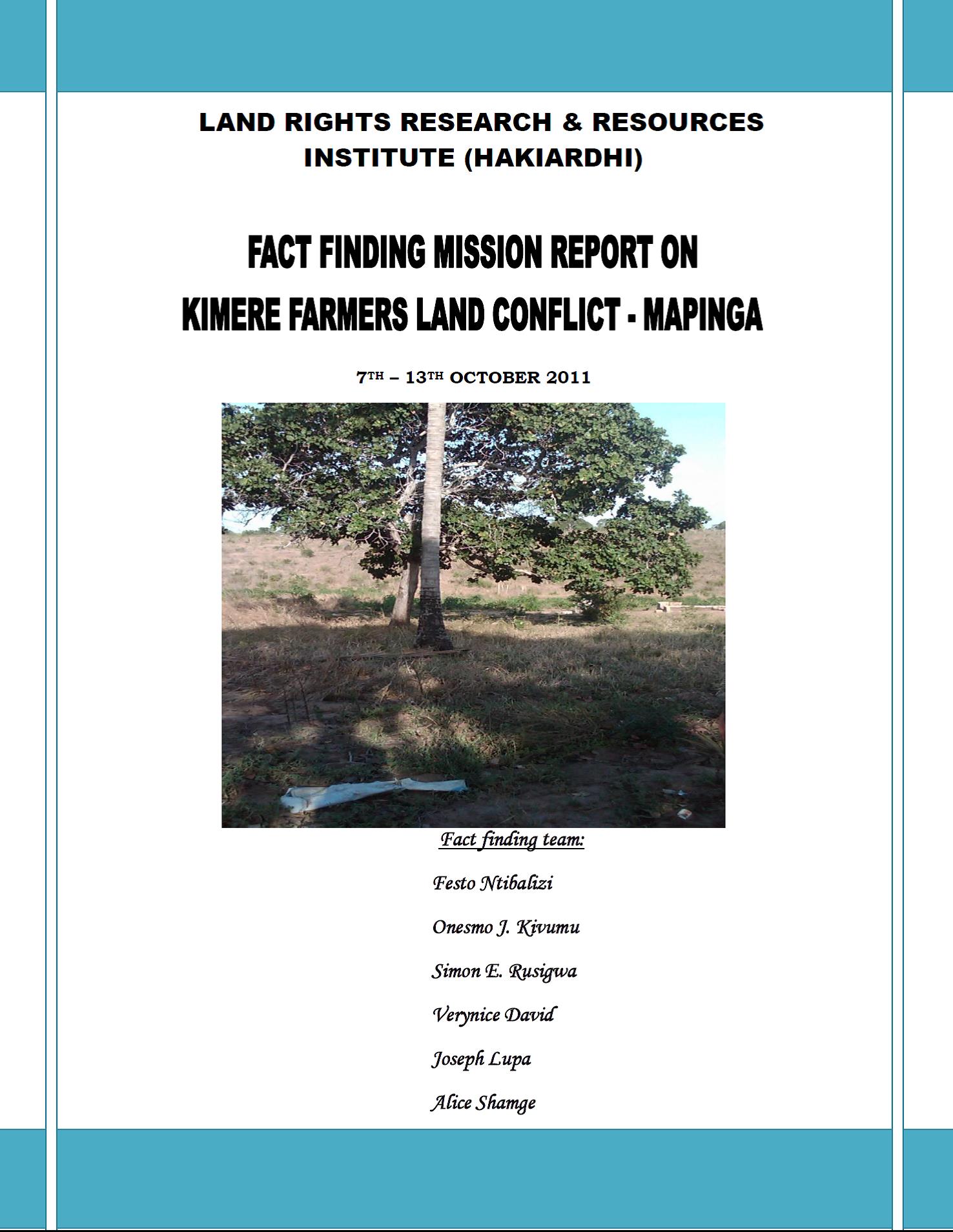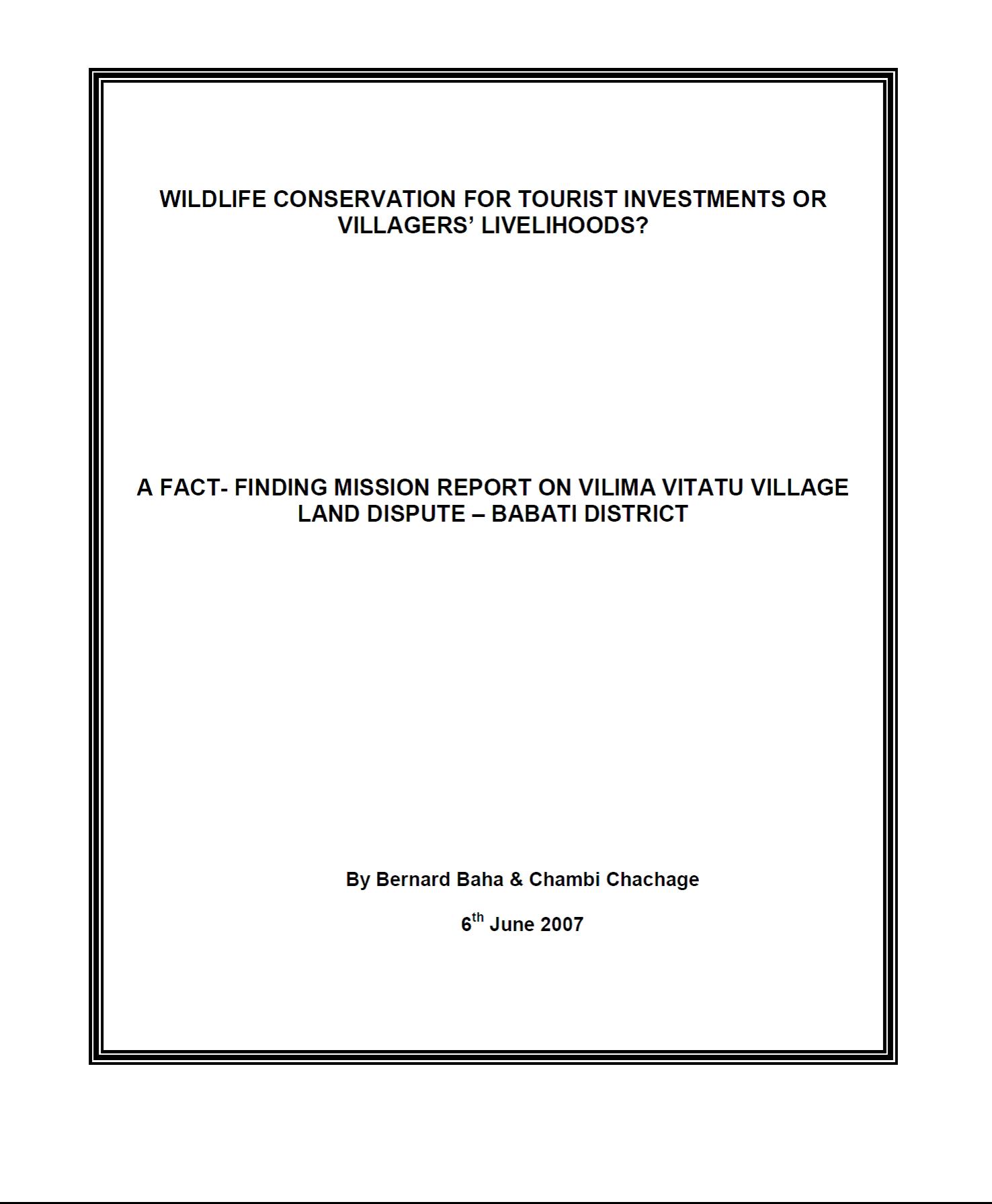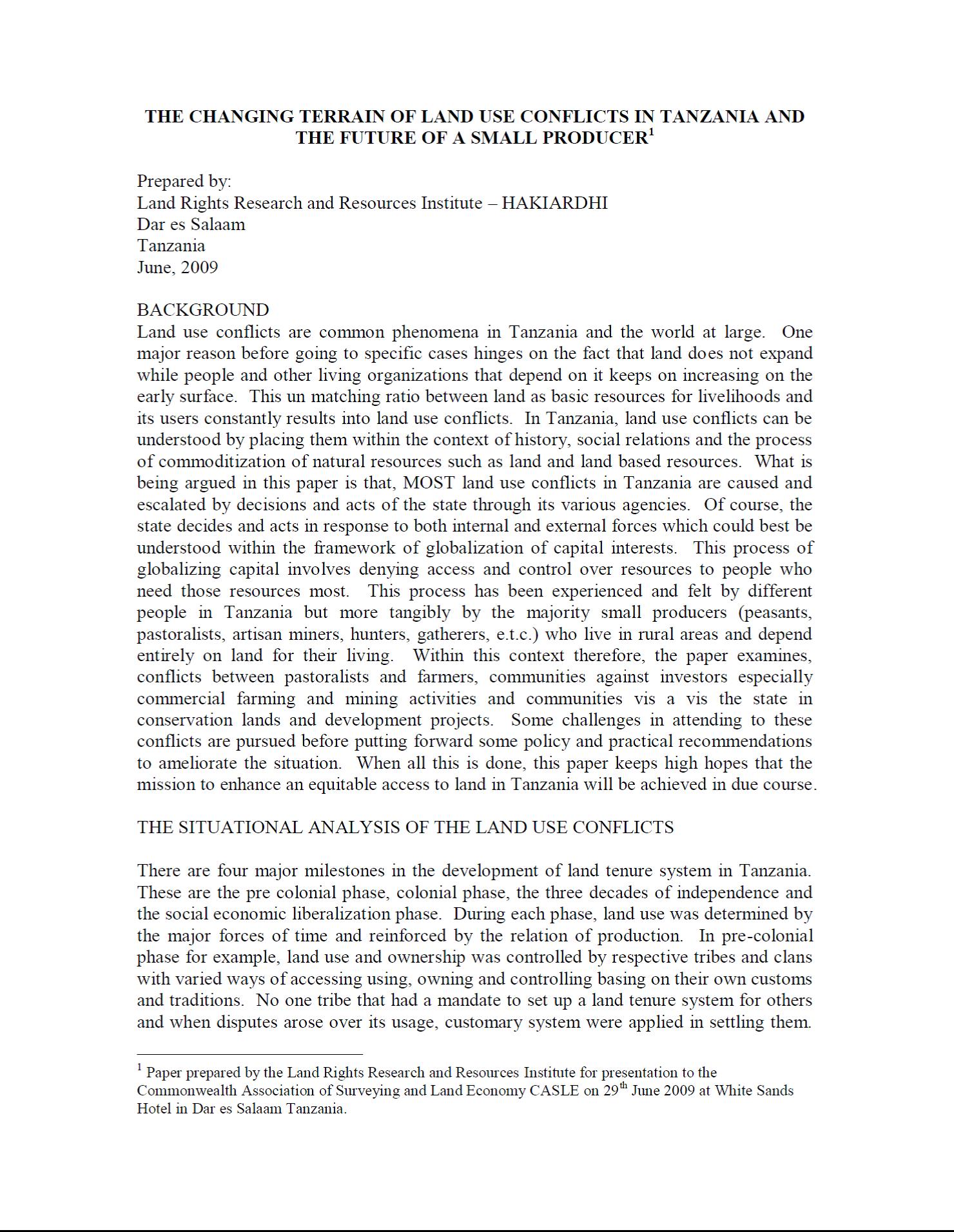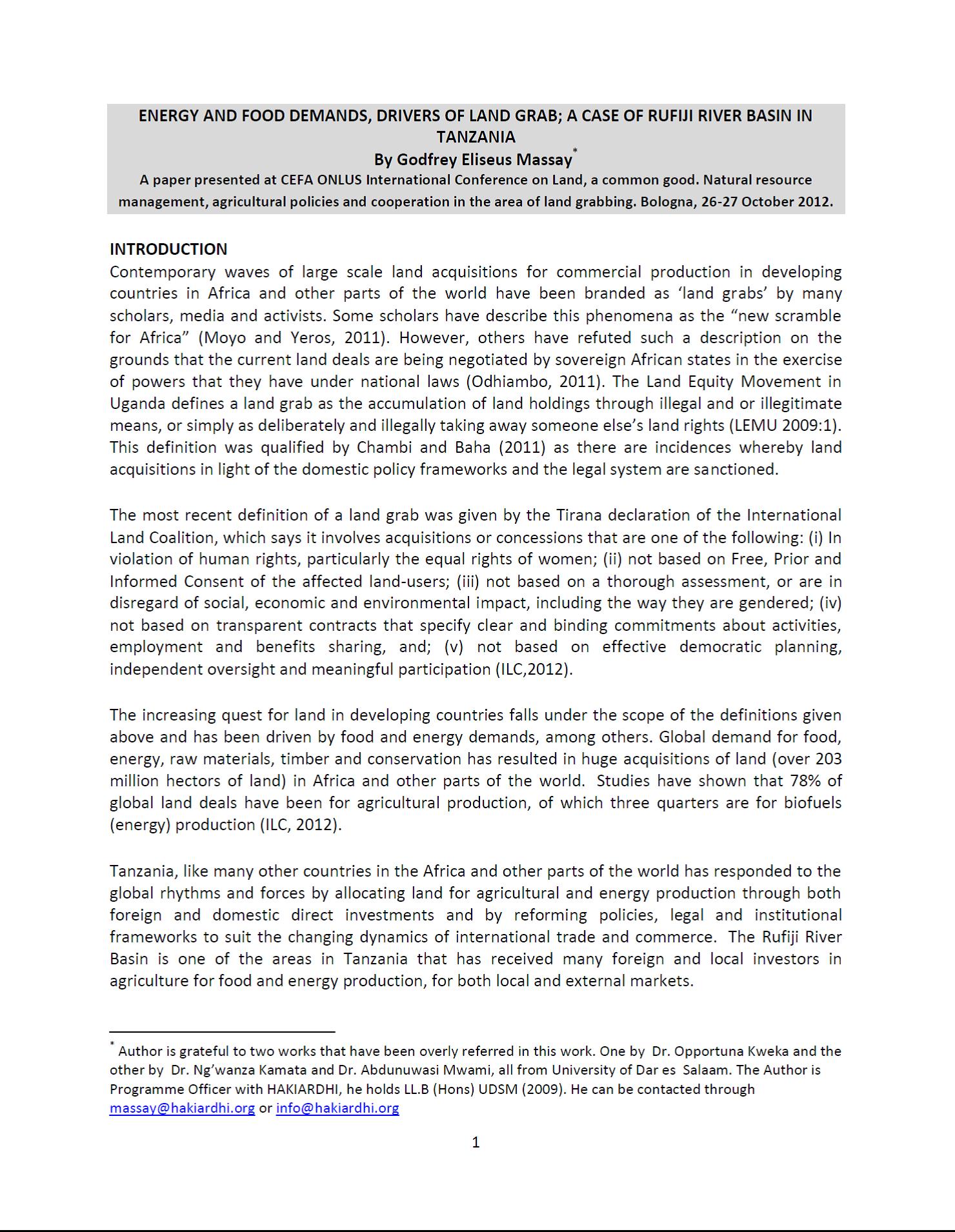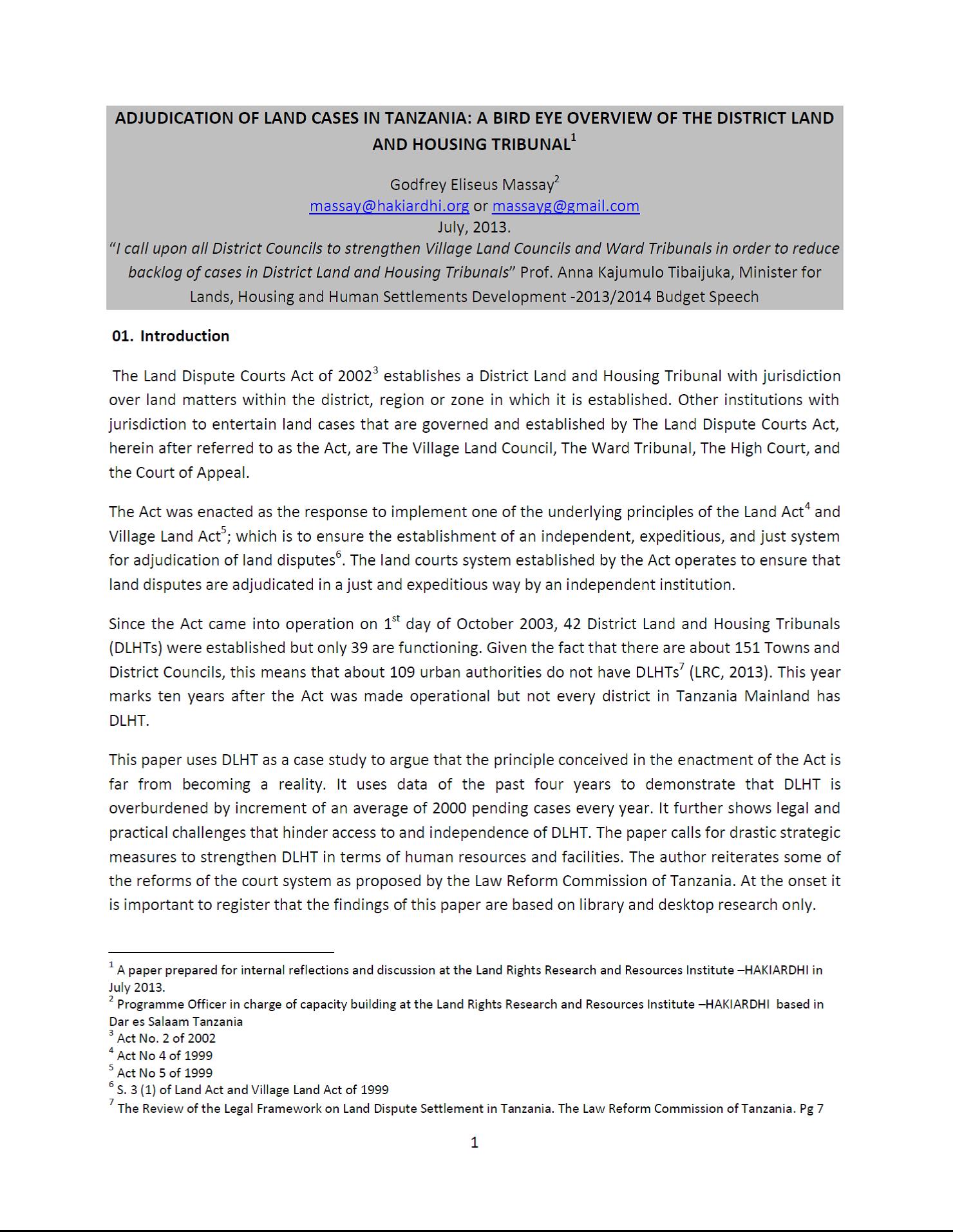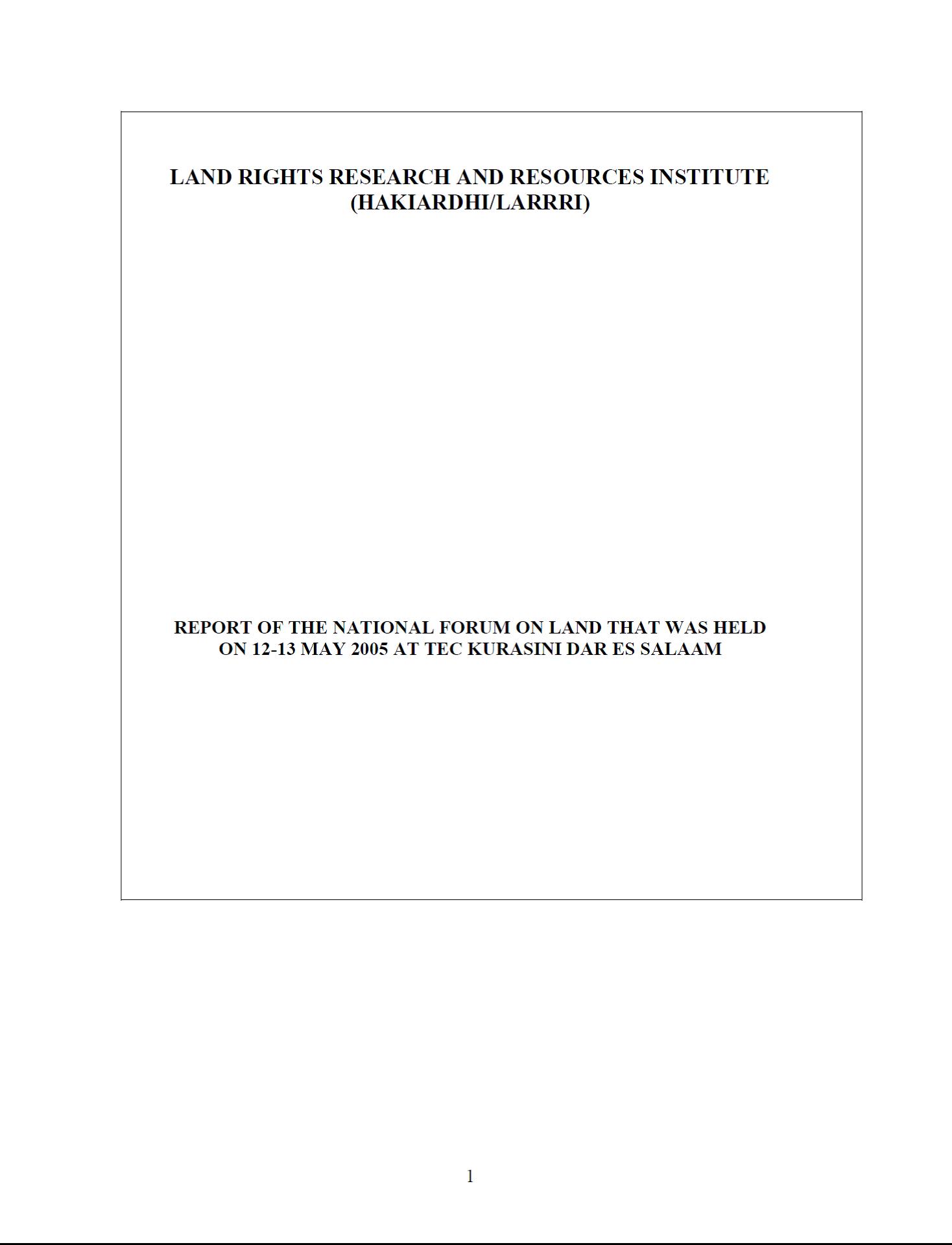Compulsory land acquisition and voluntary land conversion in Vietnam: the conceptual approach, land valuation and grievance redress mechanism
This publication is the product of a multi-year cluster analytical and advisory work on social and land conflict management of the World Bank office in Hanoi, which aimed to assist Ministry of Natural Resources and Environment (MoNRE) to improve the land acquisition and conversion process to achieve more sustainable development during the current rapid urbanization and industrialization process. (Ref: Orginal Source)


